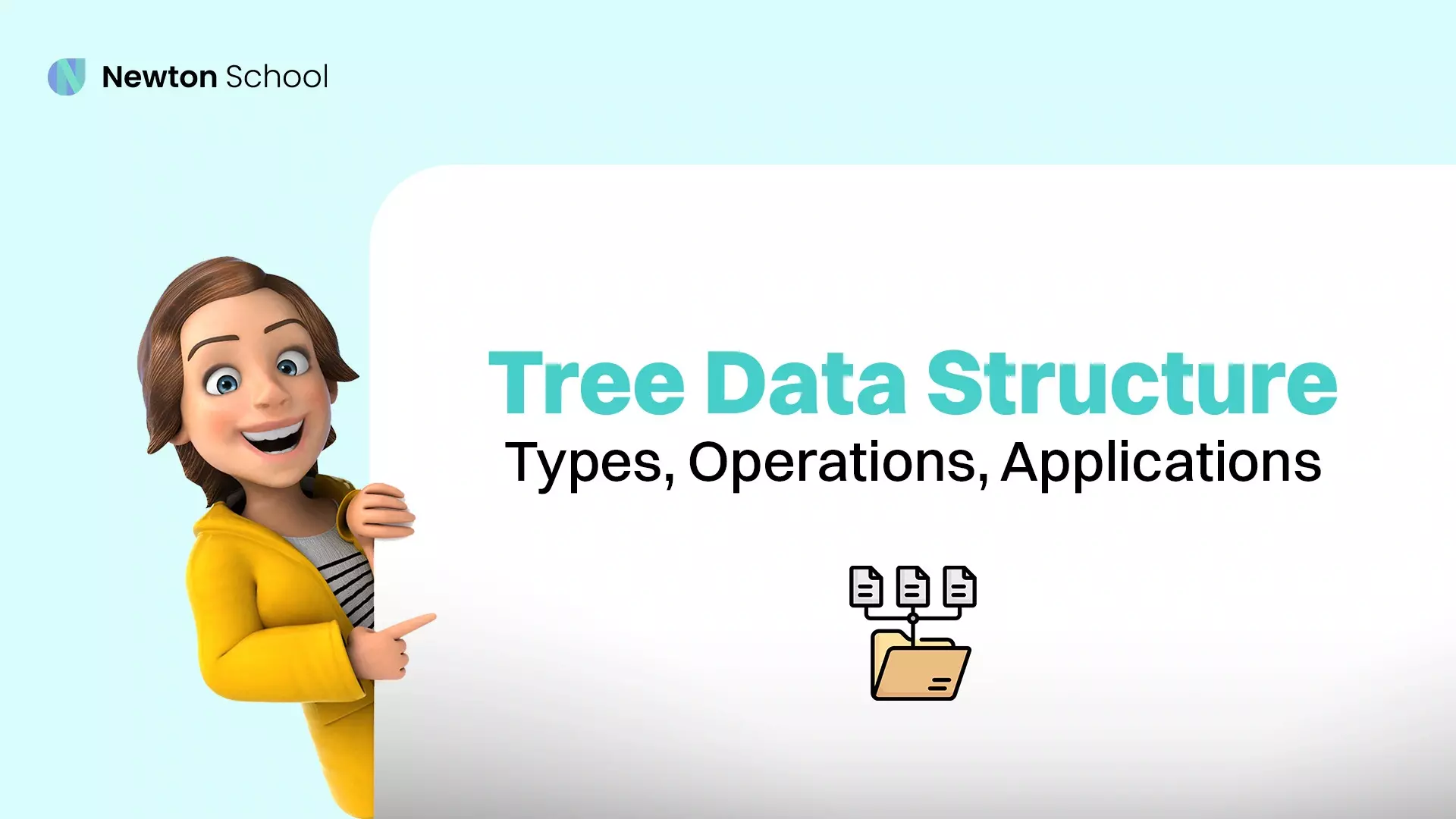
A data analyst has the technical skills for analysing the data and reporting the insights. They are a valuable asset for the organisation and use data to gain insights that help modern organisations and businesses grow. Most common data analyst skills include using SQL to fetch the data from the database, further analysing the data using programming skills and reporting the result. Also, the data analyst provides solutions to the stakeholders and summarises the patterns in the form of protocols, updated systems and procedures.
If you are wondering how to develop data analyst skills, this article has you covered. To become a data analyst, you need to learn the statistical data process and generate informed decisions based on the available data. Also, to develop data analyst skills, you should know how to use the data science tools like Python, SQL, R, Excel, Power BI, Tableau etc.
Here is the list of the most critical data analyst skills:
- Data Cleaning and Preparation
A data analyst needs to retrieve data from one or multiple sources so that he can prepare it for categorical and numerical analysis. This is called cleaning and preparation. In the data cleaning process, the analyst has to resolve the missing and inconsistent data that affect the analysis. Although the data cleaning process is not too exciting, data preparation can be challenging and fun. The method of data preparation can be considered a problem-solving exercise.
- Data Analysis and Exploration
One of the most critical data analyst skills required is to be able to do analysis. It is a necessary skill because it involves finding a business need or question and analysing the relevant data to develop an answer to that question. One of the other required data analyst skills includes data exploration. It means finding interesting data trends that bring value to the business. A business question might require exploration, but it is an unguided process when you see patterns in the data that help businesses with the opportunity to decrease costs or increase growth.
- Creating Data Visualisations
Visualisations can be part of data exploration and the things that could be seen visually in the data when you look at the numbers. Data visualisations help clarify the data trends and patterns, which are easier to understand than a spreadsheet. This requires data analyst skills to create clean and visually compelling charts or graphs that help discovery, making it a critical data analyst technical skill.
- Statistical Knowledge
One of the most critical data analyst skills is understanding statistics and probability. Statistical knowledge helps decipher the data, which helps in analysis and exploration. Also, understanding the statistics ensures that your analysis is valid and helps avoid common logical errors and fallacies. The statistical knowledge level varies depending on the particular role's demand and the data you want to work with. For instance, if your organisation relies on probabilistic analysis, you need to master that area more than otherwise.
- Creating Reports and Dashboards
As a data analyst, one of your key roles is to empower others to be able to use the data and your interpretations. With dashboards and reports, you would provide access to essential data by removing all the technical barriers. As a data analyst, it is your responsibility to produce reports and charts. However, the job description and requirements may vary from position to position.
- Writing and Communication
A vital data analyst skill is the ability to communicate in different formats. For instance, speaking, writing, explaining and listening are all communication skills that can help data analysts. Communication helps you collaborate with your clients or colleagues. For instance, you need good listening skills in a client meeting to analyse their requirements. Or, you might be required to explain a complex topic to a non-technical teammate, which also requires good communication skills. Written skills are also necessary when you write a summary of your analysis or explain some discovery. Good data analyst technical skills are not worth it if you can't explain your findings to your colleagues and clients.
- Domain Knowledge
You could always add data analysis skills to your resume if you are proficient with domain knowledge. You could learn it on the job and then build understanding. It would help make you a more efficient employee. Domain knowledge is mainly the understanding of the topics specific to the industry and company for which you work. For instance, if you work with an online store company, you should know and understand everything about e-commerce. Executing the job becomes difficult when you don't understand what you are analysing.
- Problem Solving
As a data analyst, it is your duty to run against problems, roadblocks and bugs. Thus, one of the critical data analyst skills is solving problems that could be valuable for you. With problem-solving skills, you could help solve your company's constraints or perform analysis to meet the deadline. Strong problem-solving skills would be an incredible asset for data analysts.
Conclusion
You will successfully get a data analyst job if you have a technical data analyst skill set. Find out the upcoming data analyst jobs and the skills that an employee might be looking for. Add those skills to your data analyst resume, and start applying. Your dream job is not too far!

























.jpg)


